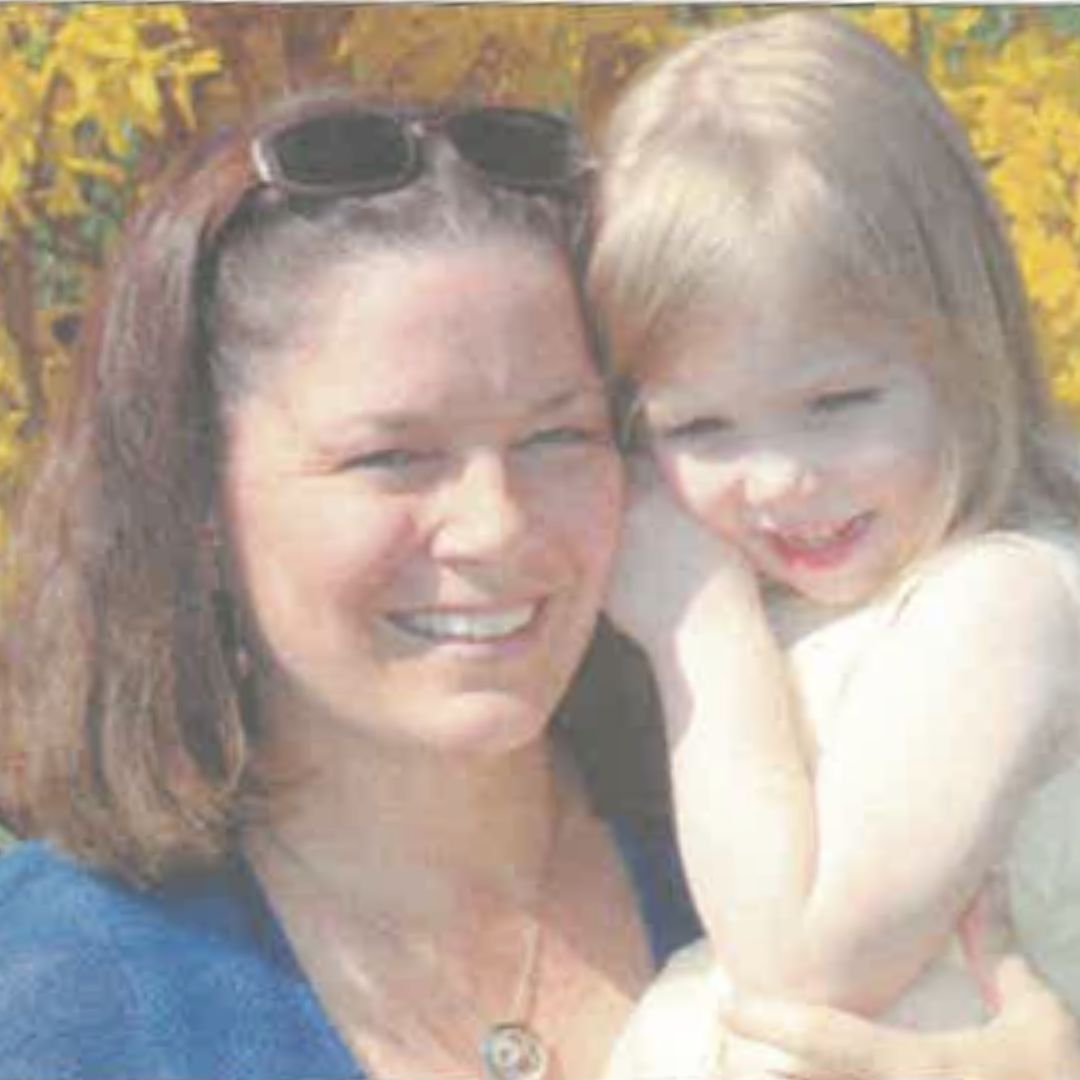EGG: Phoenix-Based Company Looks to Expand via Australian Agreement

This article was originally published in the Phoenix Business Journal on December 16, 2011, written by Angela Gonzales.
EGGS FOR SALE
The World Egg Bank pays U.S. donors between $3,500 and $5,000 for their eggs, based on which state they live in. Many are also willing to donate their eggs for international use, and are allowed to be compensated on a limited basis for their travel and other minor expenses.
Each country has its own set of laws, and the World Egg Bank is paid for its services differently in each country. A couple in Australia, for example, would pay the World Egg Bank about $15,000 to cover costs including egg retrieval, monitoring, and psychological services.
Because Canada’s laws are a bit different, the World Egg Bank sells frozen eggs directly to a fertility clinic there. “Depending on each country’s rules, we abide by the laws of that country,” Thomas said.
After her own personal struggles with infertility, Thomas founded the World Egg Bank in 2004 with the help of two scientists who are considered pioneers in the area of freezing unfertilized eggs without damaging the cells. Jeffrey Boldt, the company’s scientific director, and Michael Tucker, its scientific adviser, each developed a different technology to freeze and then thaw eggs. They combined their methods into the process used today.
The World Egg Bank isn’t a fertility clinic. Thomas said it is the only commercial egg bank in the U.S. that can act as a free agent, selling the frozen eggs to anyone in the country. It works with six U.S. fertility clinics that are trained in egg retrieval and freezing, including Arizona Reproductive Medicine Specialists and Phoenix IVE.
“Once the eggs are frozen, they can go anywhere,” Thomas said. “You can be in Alabama and get the eggs shipped to your doctor in Alabama from one of our six centers.”
She said she expects an Australian agreement to be completed within three months. As a result of that deal, she anticipates “quadrupling our business almost overnight.” The World Egg Bank employs 10 people at its Phoenix headquarters, but Thomas expects to hire 20 more to handle increased business from the Australian expansion.
“We ship to Toronto already,” she said early this week. “We had our first pregnancy in Canada yesterday.”
The company also ships eggs to the United Kingdom and is finalizing a deal with a fertility clinic in Ireland. Thomas said she would need to hire 10 people per country as she secures more international agreements.
“I would say by the end of the year, we would need another 50 or 60 people in Phoenix to talk to patients, doctors, donors, and to screen donors and file paperwork,” she said.
FINANCING FERTILITY
Currently, Thomas is financing her expansions through internal operations. “It’s an exciting time,” she said. “To finally see this work coming to fruition and knowing all these women in Australia who are just waiting, it just saddens me. Many people have missed this opportunity and have given up the idea of having children over the last three or four years.”
The recession took a toll on the World Egg Bank in 2009 and 2010. Those years were “just a shock for everybody,” Thomas said. “The fact that we managed to…”
“…was a testimony that people don’t have the choice to wait,” she said. “They have to give up other things to move ahead to have a baby. When you’re 40 years old, you gotta do it. So that was definitely a factor that kept us being able to offer our service.”
For the most part, couples finance their fertility treatments with home equity loans or home improvement loans. When the economy took a hit and bankers stopped lending, couples had nowhere to turn for financing.
“Mortgage equity loans dried up for everybody,” Thomas said.
This fall, CapexMD of Scottsdale started offering financing to World Egg Bank patients. It can cost between $25,000 and $40,000 per attempt with fresh eggs or $20,000 per attempt with frozen eggs. Interest rates are between 11 and 13 percent – lower than most credit card rates, said Jules Segal, CEO of CapexMD. No collateral is required, and couples receive a 24-hour approval after they submit their applications.
In the past two and a half years, CapexMD has provided about $12 million in loans to about 1,000 fertility patients. Wendy Kennedy, an oncology nurse at the University of Kentucky Markey Cancer Center, said she would have been glad to use the type of financing provided by CapexMD. Her daughter, Avery, was the first baby in the world conceived using frozen eggs, when it still was considered an experimental technique. Avery will be 6 years old on Dec. 31.
“She cost about $27,000,” Kennedy said. After Avery was born, Kennedy tried the frozen egg technology two more times, but those attempts failed. She was getting ready to try it a third time when she found out she had become pregnant naturally.
“Everybody keeps saying Avery is a miracle because I had a 47 percent chance of having her. She’s a blessing. The miracle is John,” she said of her son.


